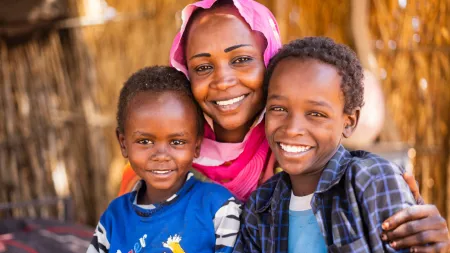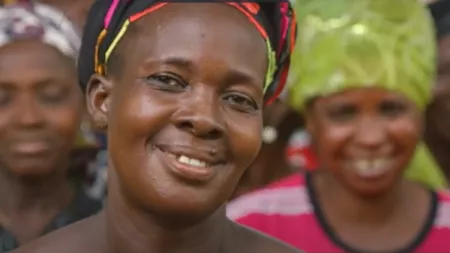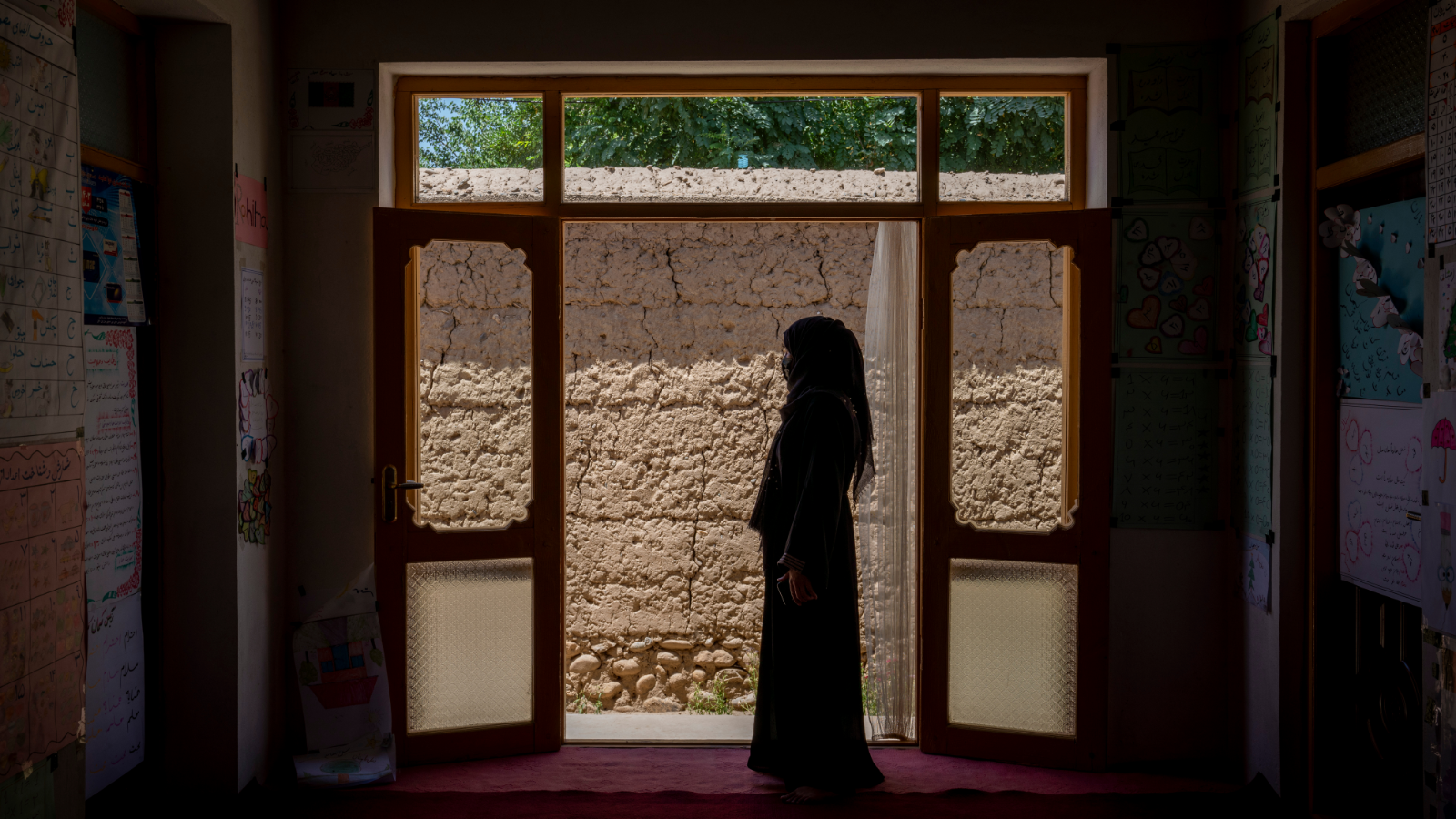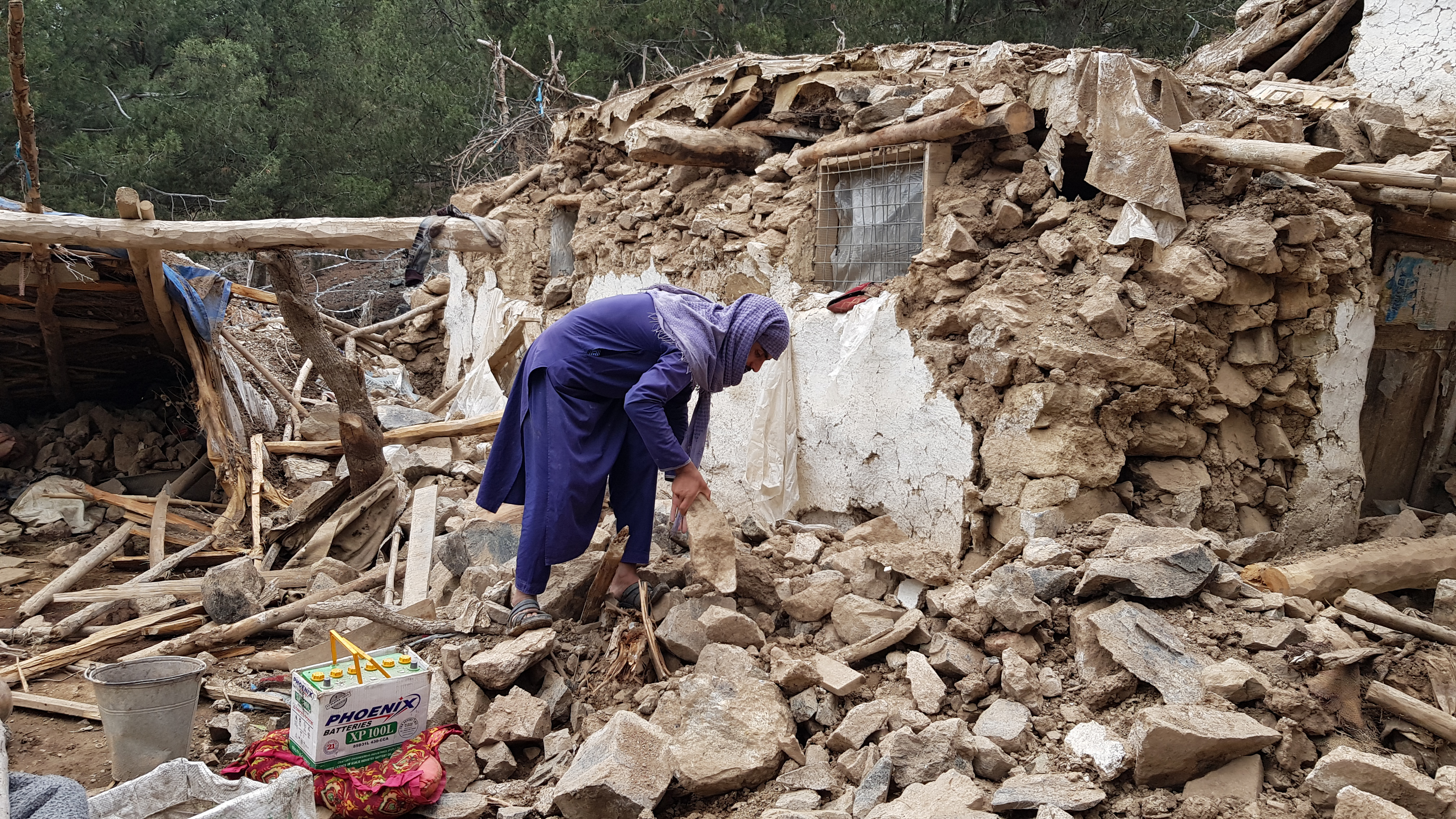Seeking greater gender equality for all
Gender equality is CARE International's central organizing principle. We cannot achieve women’s economic justice, climate justice, health equity, the right to food, water, and nutrition, or equal access to humanitarian assistance without addressing gender inequality.
By 2030, CARE International seeks to support 50 million people to experience greater gender equality in their lives.
Focus on women and girls
Women and adolescent girls are CARE International’s primary impact population. With our partners, we pay particular attention to how our programming, advocacy and partnerships include, enable, and impact women and girls.
COVID-19 has exacerbated existing inequalities, underscoring society’s reliance on women on the front lines and at home, while exposing structural inequalities that are setting women and girls back.
The secondary impacts of COVID-19 include a shadow pandemic of gender-based violence (GBV), declines in mental health, economic recession, job losses, and hunger and food insecurity. An anti-feminist backlash is occurring globally as extremist governments seek to instrumentalize gender stereotypes and control women’s bodies for their political agendas and roll back the progress of recent decades. Although many donors have identified gender equality as a key factor of development, aid reaching women’s organizations remains negligible.
Gender discrimination also significantly harms people of diverse sexual orientations and gender identities. CARE International recognizes that gender is not binary and has expanded and adapted our work with LGBTIQ+ communities.
What is CARE International doing to achieve gender equality?
CARE International has wide-ranging gender experience. In all our focus areas – from humanitarian assistance to food and water security – we have learned that our gender perspective is among our greatest added value proposition to the development and humanitarian sectors.
CARE International’s gender equality work focuses on improving the rights of women, adolescent girls, and marginalized groups in three sub-programs:
Read our Vision 2030 Impact Area Strategy for Gender Equality here.









